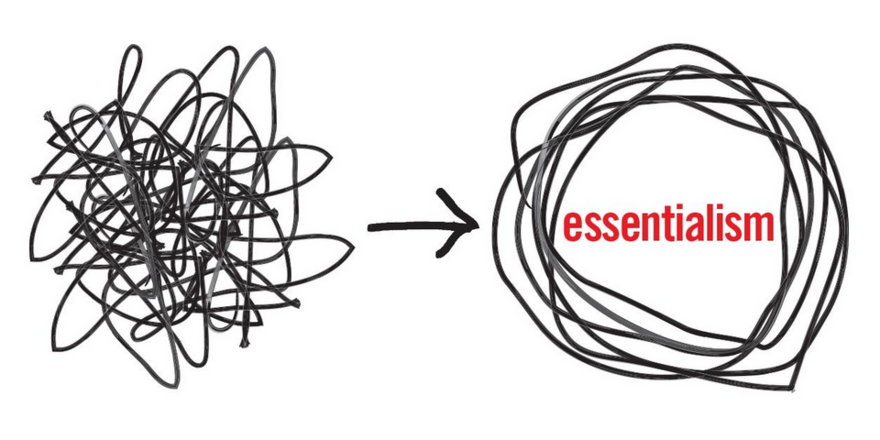The Courage to Say No: Embracing Essentialism

Finding the courage to say no to what's nonessential gives you the freedom to say yes to a world of things that are
In our fast-paced, hyper-connected world, the ability to say 'no' is becoming an increasingly valuable skill. Amid the constant barrage of opportunities, tasks, and distractions, we need to focus on what truly matters. This echoes the core tenet of Greg McKeown's book 'Essentialism: The Disciplined Pursuit of Less,' where he advocates for the deliberate prioritization of the essential over the nonessential. By honing this skill of essentialism, we equip ourselves with a powerful tool for personal and professional growth. By finding the courage to say 'no' to the nonessential, we give ourselves the freedom to say 'yes' to a world of things that truly matter.
Take the story of Steve Jobs, for instance. When he returned to Apple in 1997, the company had a sprawling product line of 350 products. Jobs cut this down to just 10. This bold move, saying 'no' to the nonessential, allowed Apple to focus and innovate, leading to the development of groundbreaking products like the iPod, iPhone, and iPad.
Similarly, the minimalist lifestyle movement, inspired by the same essentialism ethos, thrives on saying 'no' to the nonessential. By decluttering their homes and lives, minimalists make room for the things they truly value: relationships, experiences, and personal growth.
In the corporate world, this principle is equally applicable. Leaders who can discern the essential from the nonessential, and have the courage to say 'no' to the latter, can guide their teams with clear focus and direction. Essentialism in leadership eliminates wasteful activities and empowers the team to deliver high-quality work that truly makes a difference.
So, how can we cultivate the courage to say 'no' to the nonessential? It begins with clarity of purpose. When we have a clear understanding of our goals and values, we can make decisions that align with them. It also involves setting boundaries and being willing to disappoint others. It's not about being negative but about valuing our time and energy and using them wisely.
The art of saying 'no' to the nonessential is a critical skill in today's cluttered world. By doing so, we create the space and freedom to say 'yes' to the things that truly enrich our lives and contribute to our success. Whether in our personal lives or in the corporate world, embracing the philosophy of essentialism, as advocated by McKeown, can be a game-changer, providing a path to a more focused, productive, and fulfilling future.


0 comments
Leave a comment
Please log in or register to post a comment